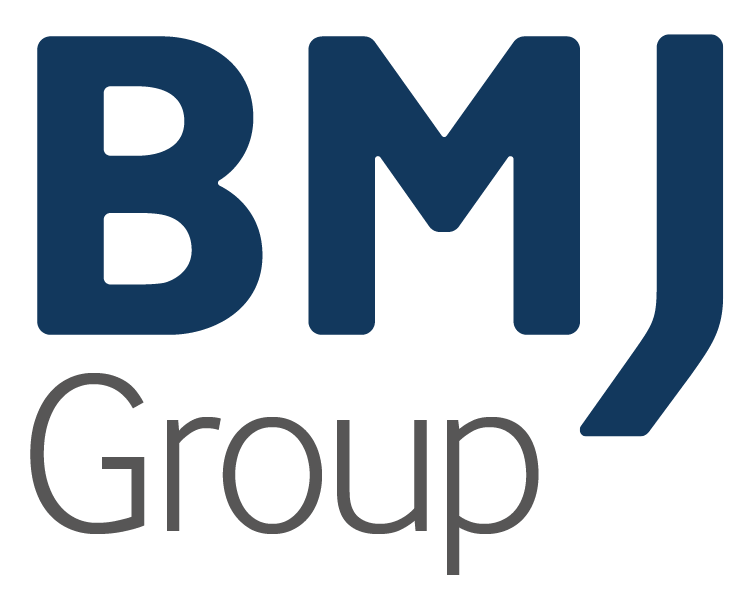Taking a patient safety culture approach to improving care
PART TWO: Measuring and monitoring of Patient Safety Framework – lessons learned
Peritoneal Dialysis is a home-based modality for patients with end stage kidney disease. PD catheter failure rates are associated with a significant patient and family burden, and overall increase in health system cost. PD failure rates are improving significantly through a focus on measuring and monitoring patient safety. Participation in the National Collaborative provided the opportunity to understand real time data, stimulated gap analysis for process improvement, and promoted a culture of safety. This initiative promotes greater patient access, provides a less invasive procedure, and reduces the need for temporary vascular access and hemodialysis. This session will provide an overview of the clinical improvement team approach, and how the focus on patient safety led to a significant change in patient experience and patient care practice/policy.
By the end of this session, participants will be able to:
- Identify success factors for the clinical improvement team model
- Understand the importance of having patients and families as partners in program design
- Understand the measuring and monitoring of safety framework: past harm, reliability, sensitivity to operations, anticipation and preparedness, integration and learning
PART THREE: Enhancing Emergency Department efficiency: fast-tracking COVID-19 testing and patient flow with quality improvement
Join us to explore the successful implementation of a crucial Quality Improvement initiative during the second wave of COVID-19. Faced with unprecedented pressures to maintain patient flow while ensuring safety, our team utilized the 5-step KCH Quality Improvement methodology to optimize the turnaround times for COVID-19 swab results. Key Performance Indicators focused on reducing delays from swab labelling to results registration in the Electronic Patient Record system. Learn how the introduction of Point of Care swab testing in the Emergency Department played a pivotal role in enhancing patient throughput and alleviating lab burdens. This presentation will provide valuable insights for healthcare professionals seeking to improve emergency care processes under crisis conditions. Don’t miss the opportunity to gain practical knowledge and strategies for enhancing patient safety and operational efficiency in your own institutions.
By the end of this session, participants will be able to:
- Understand the application of the 5-step King’s College Hospital Quality Improvement methodology to optimise emergency department processes during a healthcare crisis
- Learn strategies for reducing turnaround times for COVID-19 test results, from swab labelling to electronic record registration
- Gain insights into the implementation and benefits of Point of Care testing to improve patient flow and safety in emergency settings
PART FOUR: Driving improvement: applying car manufacturing methodology to improve timely diagnosis for patients on the Suspected Cancer Pathway
This presentation will demonstrate how Toyota’s version of lean methodology has been applied to the Suspected Cancer Pathway (SCP) in Wales to reduce waiting times for patients and improve efficiencies within the system.
The SCP is a Welsh Government target for diagnosing cancer and starting treatment within 62 days from the point that cancer may be first suspected. Improving timely diagnosis also ensures those patients who do not have cancer will be reassured promptly, reducing unnecessary stress and worry.
This presentation will run through the three phases of work that took place across select Health Boards in Wales which targeted the primary components of the cancer pathway to benefit all cancers. Delegates will learn the methodology, process, results, lessons learned, what can be spread and scaled, and what’s next for the future of the SCP improvements in Wales.
By the end of this session, participants will be able to:
- Understand the difference between performance management and improvement methodology, inspiring collaboration between Multi-Disciplinary Teams (MDTs) and fostering a collective responsibility among all
- How to apply a wider system thinking approach to bring together multiple pathways that typically work in silo
- How to apply elements of Toyota’s lean methodology to identify waste in your current processes, examining the finer details to make small changes that can result in bigger wins







